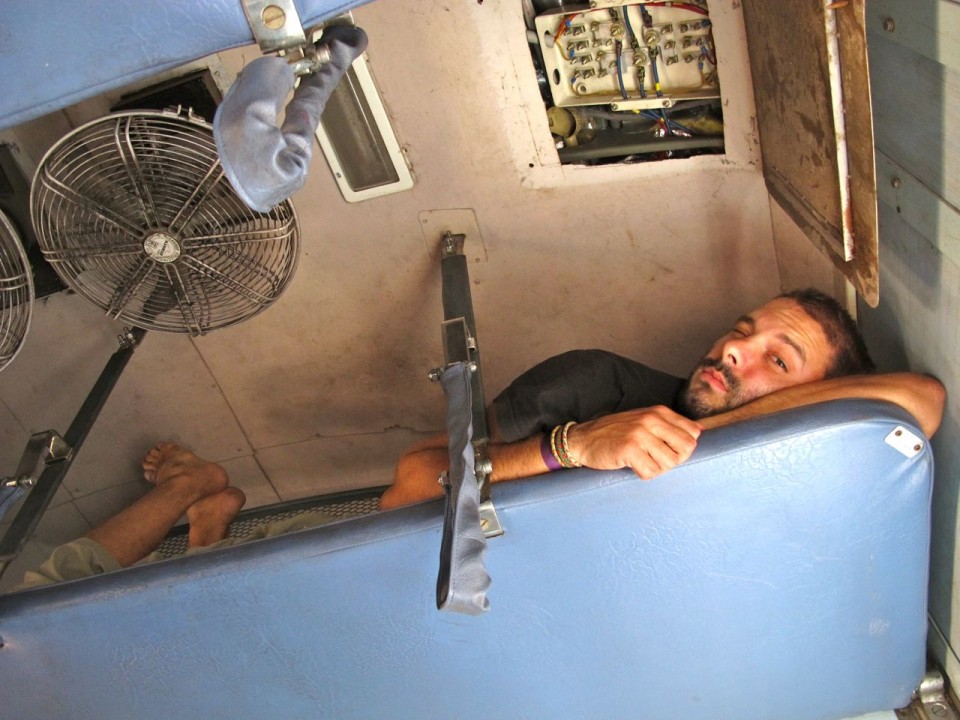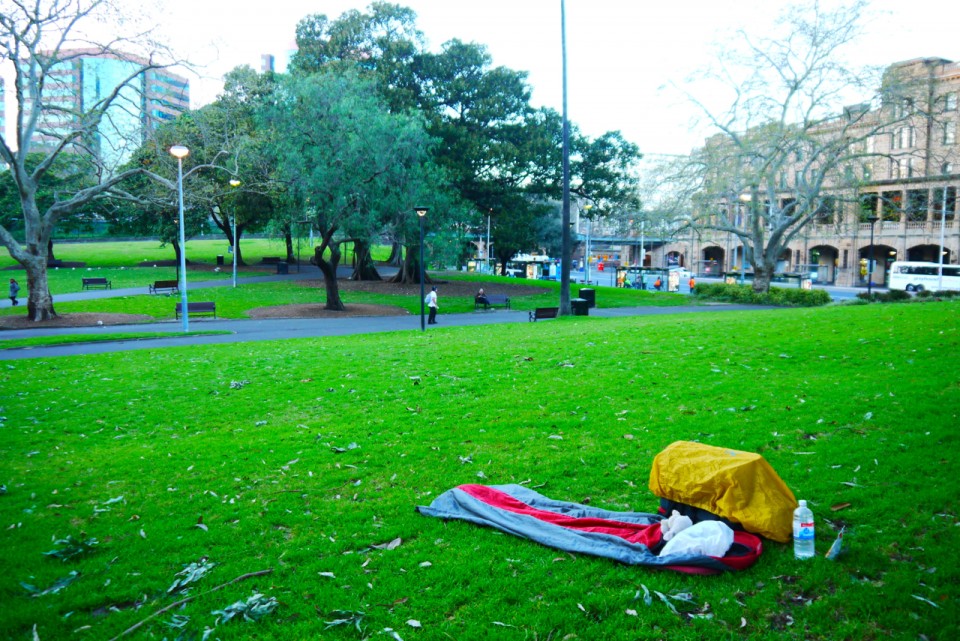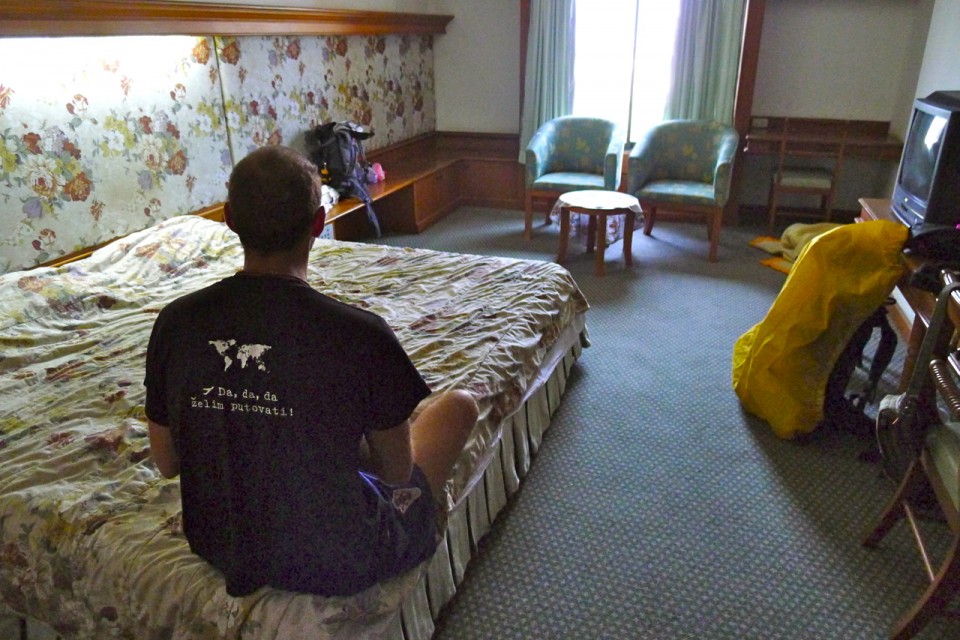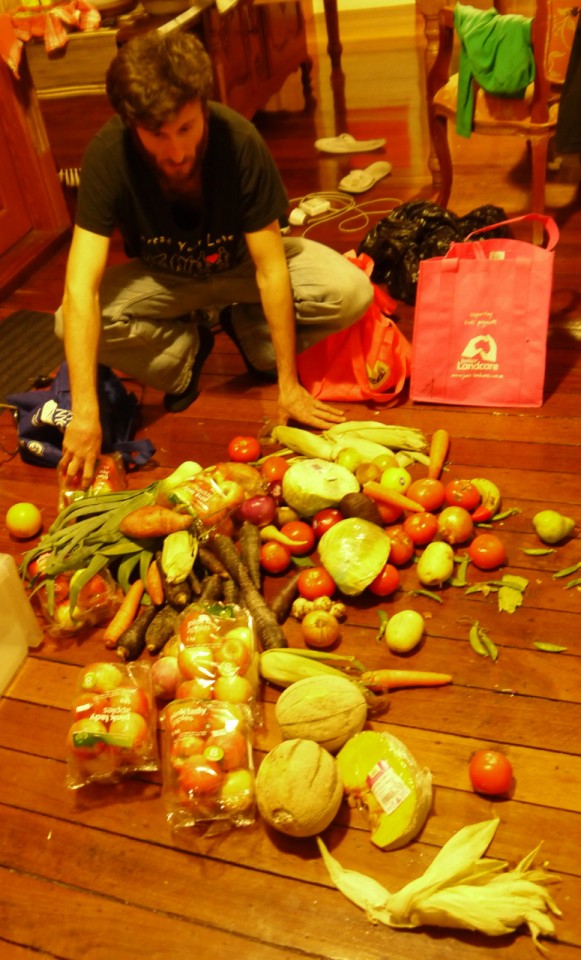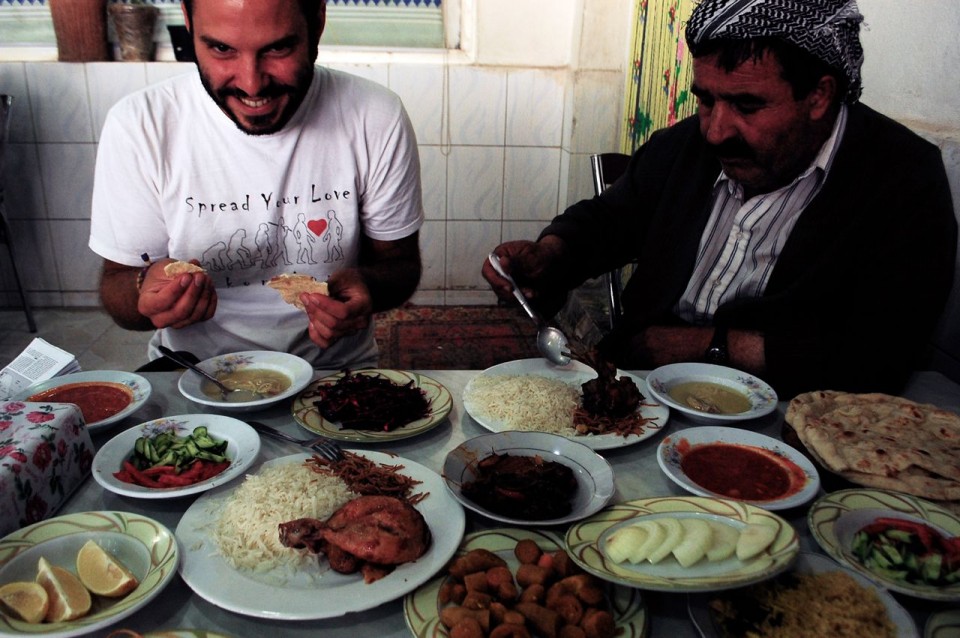Even though it sounds like oxymoron, by keeping track of my expenses while traveling in different countries, I came to conclusion that it is, or it can be, cheaper to travel in expensive, than it is to travel in cheap countries.
But lets be clear on something – if you travel using conventional methods, organized, it will be definitely more expensive in more expensive countries. But if you travel using alternative ways, the situation can be opposite.
How?
1. TRANSPORTATION
In expensive countries (mainly I am talking about countries in Europe, North America and Australia) public transportation is so expensive you will be forced to avoid it, so you will think about alternatives – hitchhiking, walking, cycling, car relocation. You will use public transportation inside of the big cities, even though even then you will think about not paying for the ticket so you can save up some money for something more useful.
In cheap countries (Asia, Africa, South America) public transportation is pretty cheap, so it won’t look like a huge expenditure to spend some money to go to a distant destination. In addition to that, alternative ways are pretty hard to use – most of the people don’t understand what hitchhiking is, for example. If they, poor locals, can pay for transportation, what is the reason you, rich tourist, can’t? In some countries hitchhiking is very common, but the drivers will expect you to share costs of fuel with him. Walking and using a bicycle is less represented mainly because of safety of the local roads and crazy drivers driving on them.
CONCLUSION – in expensive countries you won’t spend money on transportation, in cheap ones you probably will. Not a lot, but with time, you will realize that your transportation budget is higher.
2. ACCOMMODATION
In expensive countries the cost of accommodation is so high that you will have to think carefully will you pay tens of dollars for a hostel bunk bed, which is a minimum price for a decent accommodation. Also, alternative ways are represented, CouchSurfing for example, you will find a lot more hosts in developed countries. You can also sleep with homeless people, shelters, squats, parks, you can try out house sitting, home exchange, etc. And be more or less in a safe environment.
In cheap countries accommodation is – cheap. Even for couple of dollars you can find a bed to crash until next morning. So you happilly pay for it. CouchSurfing is not that popular, and streets are not the safest places to spend the nights.
CONCLUSION – in expensive countries you will have a variety of alternative accommodation choices, while in cheap ones it will be simple to just pay for a room. It won’t be a lot, but with time…
3. FOOD
In expensive countires you will avoid restaurant, whatever price range they are. You will be either hungry (which is a great way to lose some extra weight) or you will buy groceries and cook for yourself. In the kitchen of your host, or on a gas stove you carry around with you.
In some extreme cases, inspired by the fact that 40% of the food produced in developed countries is THROWN AWAY, you will try out dumpster diving. Meaning – you will try to get the food that people (or supermarkets) throw away, even before it is bad for you to eat it. Most of that food is still originally packed.
You can also try to visit bakeries and fast food restaurants just before closing time, because they sometimes can give you the food instead of throwing it away. The last option is to observe restaurants on the street, and when some guests leave the table and they leave something on it – reach out and grab it! Before the waiter throws everything away.
In cheap countries you will eat in restaurants or on the street, even when you have a place to cook – you will realize that is actually cheaper to eat out (I still havent figured that one out). Those meals won’t be expensive, they will be local, which will be an extra reason for you to try it out.
As for the leftovers, in poor countries there aren’t many. Even if there are some, it will find a way to people that are hungry. And rich tourist isn’t on the top of the list of priorities.
CONCLUSION – even though food is much cheaper in cheap countries, it is possible to spend less in rich countries. If you find some measures too extreme, you can still save a lot of money by buying groceries in the supermarket, and cooking for yourself – of course, with some basic ingredients.
—
All in all, its not that big of a problem to level up expenses in poor and rich countries, it all depends how much will you try around it. In poor countries you will definitey be much more relaxed when it comes to sticking to your budget, but you will often realize that that extra effort which you invest while traveling in expensive parts of the world – its definitely worth the effort.
Also, in expensive countries you will have the opportunity to EARN some money, but more about that in the article – HOW TO EARN MONEY WHILE TRAVELING?

